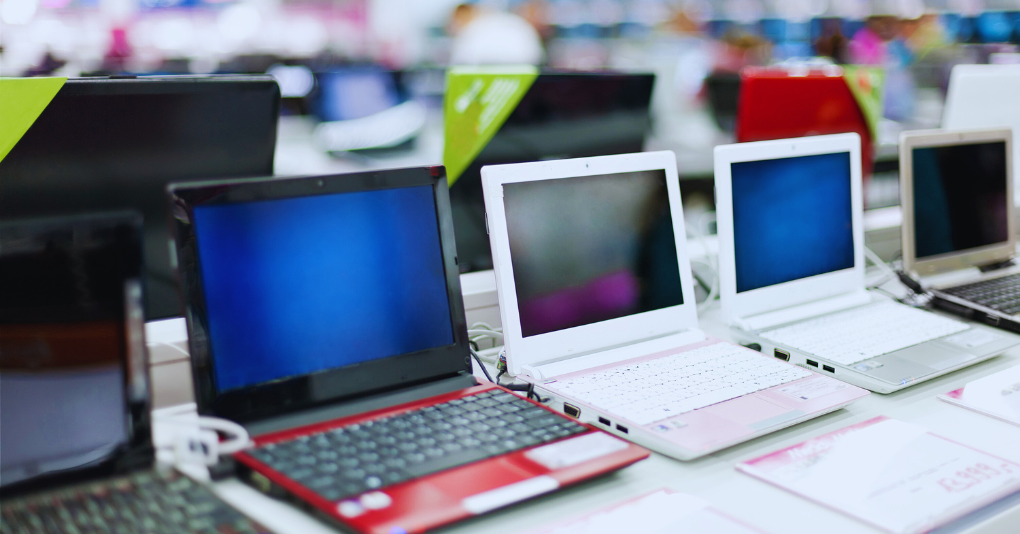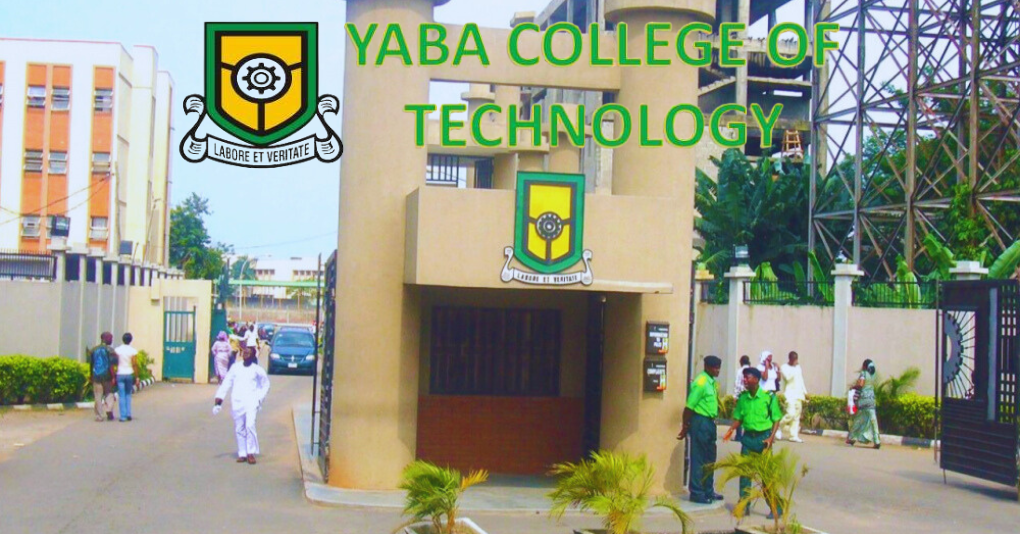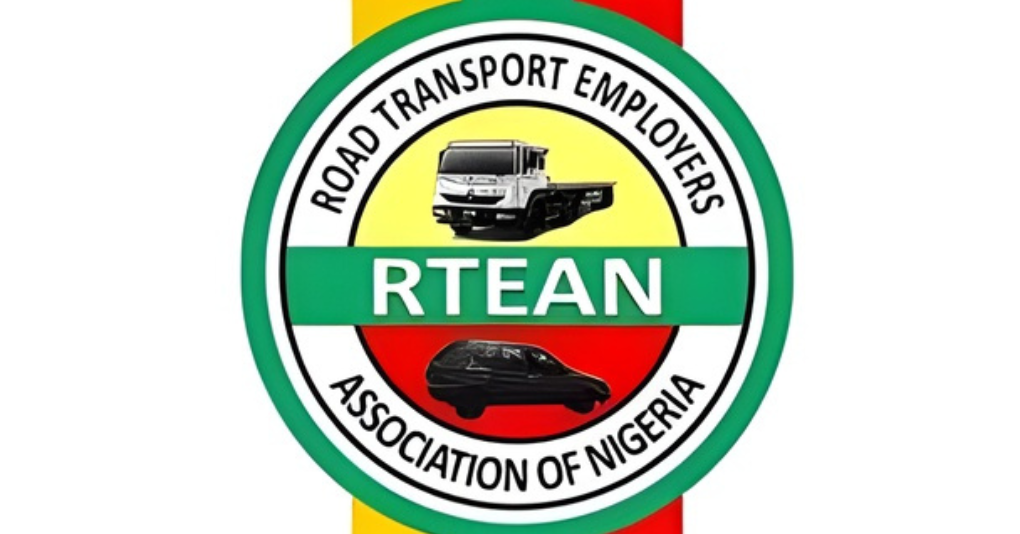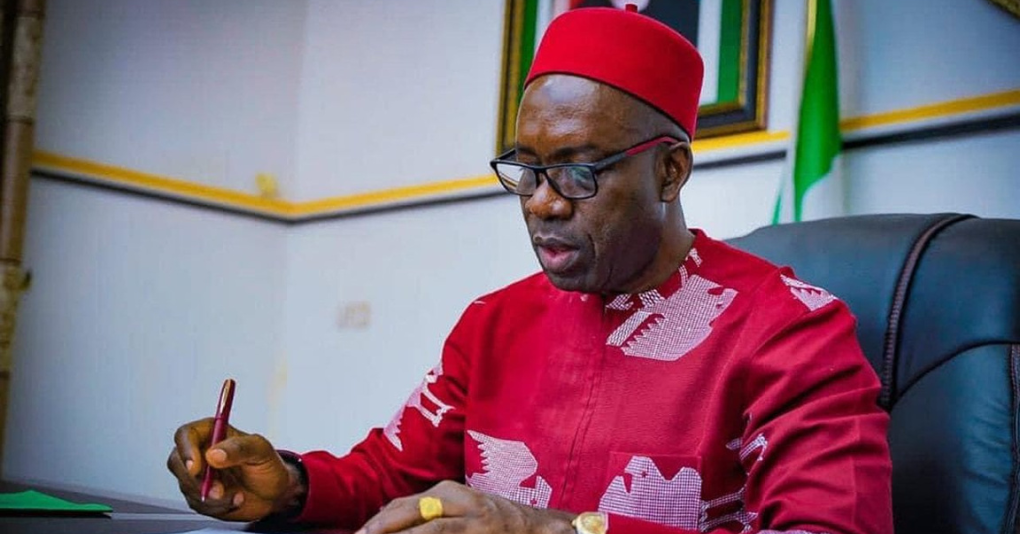To bridge digital literacy gap in the country, a civic organisation has provided laptops and internet devices to youths to bridge digital literacy gap in the country,
The President and Founder of True connected Kaye Kaye in a statement on Monday in Abuja said they are committed to equipping young Nigerians with the tools, connectivity, and knowledge they need to drive sustainable change in their communities.
He said, “As part of its ongoing mission to advance digital equity and sustainability, Truconnected pledged to donate 10 laptops, provide three months of high-speed internet service, and enrol beneficiaries in its Digital Literacy Program.”
Kuye mentioned that the initiatives are designed to enable youth to harness technology in pursuit of the United Nations Sustainable Development Goals, from quality education and decent work to innovation and reduced inequalities.
He emphasised that local actions create global impact, saying that by providing access to technology and digital skills, they are empowering young people to take ownership of the solutions their communities need, and to drive the SDGs forward in ways that are relevant, sustainable, and inclusive.
He disclosed that the beneficiaries, selected from diverse regions of the country, will receive hands-on training to strengthen their digital competencies, improve employability, and foster innovative problem-solving.
The President noted that their vision is to reduce the digital divide, repurpose unused technology for environmental sustainability, and ensure that every young person, regardless of location or background, has the opportunity to participate fully in the digital economy.
The Program Director of TrueConnected, Mrs Yemi Agbede, said that several youths are cut off from the internet space and the need to bring them close to technology, hence the donation of a computer system, which comes with three months of internet access and the unbundling of youths on the IBM skills build academy, where they can upskill their digital skills.
She disclosed that statistics show that 2.6 billion children are without access to internet facilities across the world, and of this figure, 1.3 billion are youths, while about 759 million households are without computers, adding that 37 percent of students lack learning devices.
Agbede harped on the need to bridge the gap by increasing access to the internet for the youths, and those with barriers to digital learning devices are supported.
She mentioned that many students perform woefully in WAEC, JAMB and NECO, not because they don’t know what to do, but because they are not familiar with the devices, hence the need to mitigate this.
Share this post





Be the first to comment on this post